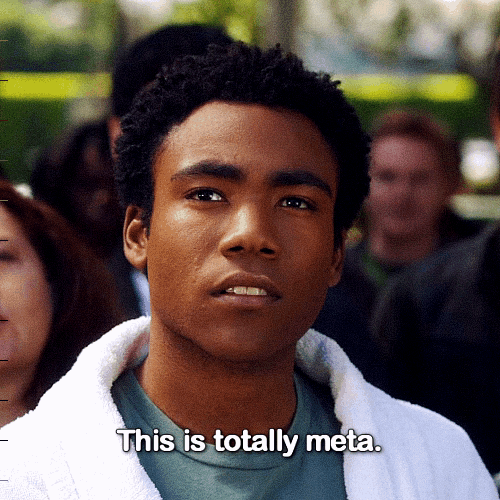Seems to me that if the GM is leaning toward improv over prep, that a game which is less complex for them might be easier to improv. Certainly it's easier to improv an opponent in Cypher than in, say, D&D 3.5 (or probably 5e). I know that when I run D&D 5e--and I run mostly improv--most of what I put prep-time into is working out the opposition (finding something in my many books of monsters, deciding to homebrew a thing, whatever).
In my regular AD&D sessions, I never use dice or charts, nor do I allow my players to use them. The same goes at my convention appearances- no dice at my tables. In 10 years, I've yet to have a single player abandon ship.
-Rick Swan, in a review of Tweet's game, Everway.
Last edited:




